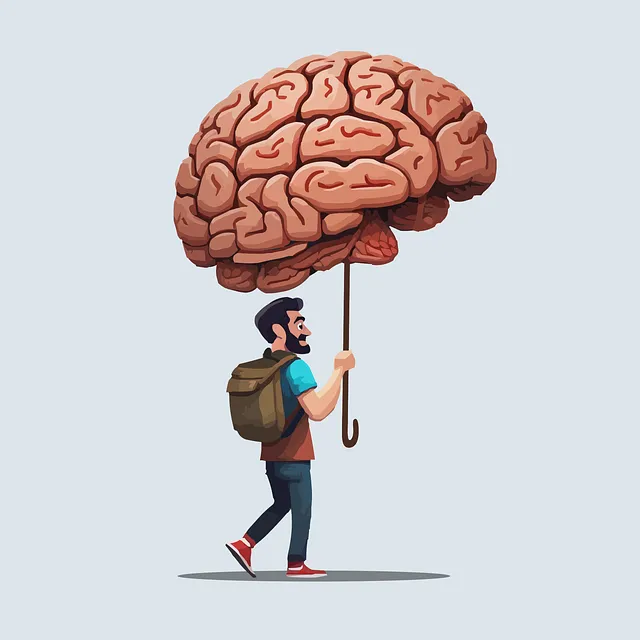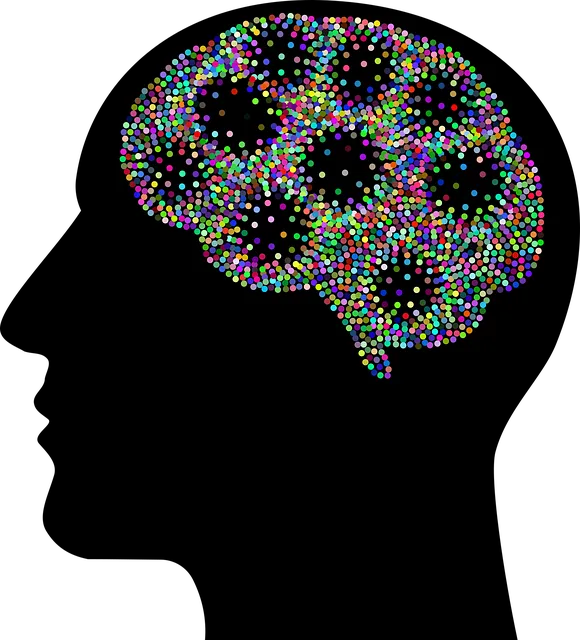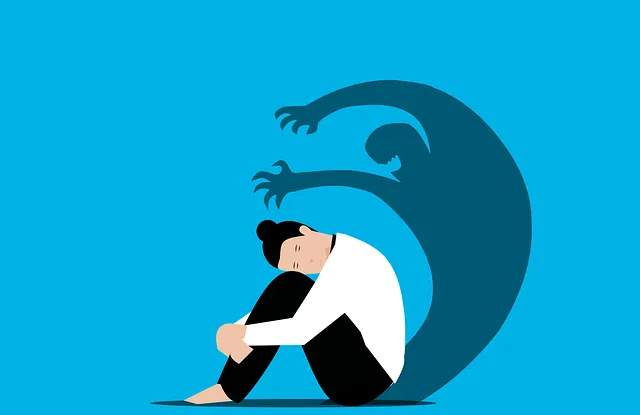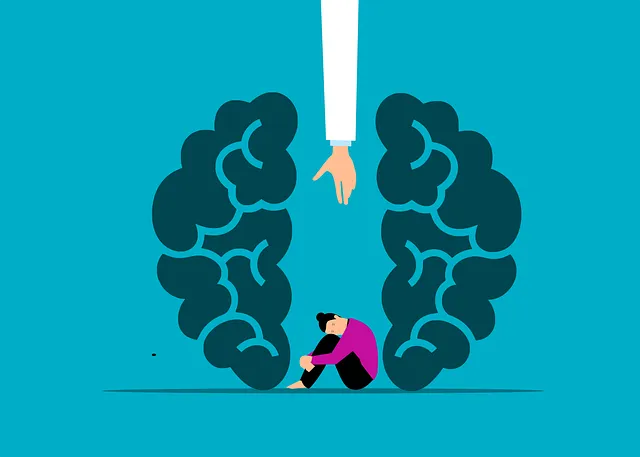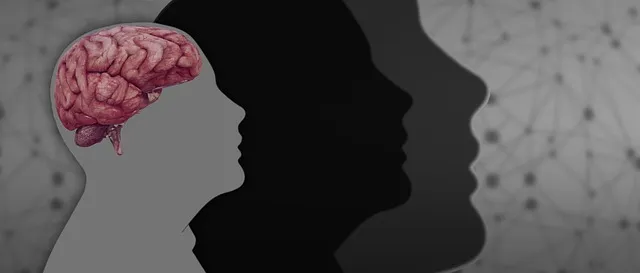The Kaiser Permanente mental health facility in Longmont prioritizes coping skills development for patients and healthcare providers, integrating emotional intelligence, problem-solving, and adaptive behaviors. Through evidence-based practices, conflict resolution, and supportive environments, they empower individuals to manage stress, prevent burnout, and enhance mood with tools like self-reflection, mindfulness, cognitive reframing, and a robust self-care routine. Community engagement fosters support networks crucial for mental well-being, making Kaiser Permanente Longmont a leading mental health facility.
“In today’s fast-paced world, developing robust coping skills is essential for maintaining mental well-being. This article explores various facets of coping mechanisms, offering a comprehensive guide to enhancing resilience. We begin by delving into the fundamentals of coping skills and their significance in fostering good mental health. Subsequently, we highlight Kaiser Permanente Longmont’s innovative role in promoting resilient mindsets through its mental health services. By identifying personal stressors and triggers, individuals can take proactive steps towards better coping. We then present effective strategies and emphasize the power of community support for navigating life’s challenges.”
- Understanding Coping Skills: A Foundation for Mental Well-being
- The Role of Kaiser Permanente Longmont in Promoting Resilient Mindsets
- Identifying Personal Stressors and Triggers: Taking the First Step
- Strategies for Effective Coping: Tools to Navigate Life's Challenges
- Building a Support Network: The Power of Community and Connection
Understanding Coping Skills: A Foundation for Mental Well-being

At the Kaiser Permanente mental health facility in Longmont, coping skills development forms a crucial foundation for promoting mental well-being among individuals and healthcare providers alike. Coping skills refer to the strategies and mechanisms one employs to manage stress, overcome challenges, and maintain emotional balance. Effective coping involves a combination of problem-solving abilities, emotional regulation, and adaptive behaviors tailored to individual needs and preferences.
Understanding and cultivating these skills is essential in today’s demanding healthcare environment, where professionals often face high stress levels and the risk of burnout. Emotional intelligence, a key component of coping, enables individuals to recognize and manage their emotions, fostering better interpersonal relationships and decision-making. By integrating emotional regulation techniques and burnout prevention strategies into daily routines, healthcare providers at Kaiser Permanente in Longmont can enhance their resilience, improve patient care, and cultivate a more positive work environment.
The Role of Kaiser Permanente Longmont in Promoting Resilient Mindsets

Kaiser Permanente Longmont stands as a beacon of hope and resilience in the realm of mental health care. This renowned Kaiser Permanente mental health facility has pioneered innovative approaches to fostering resilient mindsets, equipping individuals with invaluable coping skills. Through comprehensive programs and services, they navigate patients through diverse challenges, from stress management to depression prevention and self-esteem improvement.
The facility’s expertise lies in integrating various therapeutic modalities, including evidence-based practices and conflict resolution techniques. By creating a supportive environment, Kaiser Permanente Longmont empowers individuals to embrace their inner strength and adapt to life’s complexities. Their dedicated team of professionals is committed to not just treating symptoms but empowering individuals with the tools to thrive, even in the face of adversity.
Identifying Personal Stressors and Triggers: Taking the First Step

Identifying Personal Stressors and Triggers is a crucial first step in coping skills development. At the Kaiser Permanente mental health facility in Longmont, professionals emphasize the importance of self-reflection to understand what uniquely impacts each individual’s emotional well-being. By keeping a journal or engaging in mindful contemplation, one can begin to recognize patterns and triggers that lead to stress, anxiety, or depression. This process fosters self-awareness exercises, empowering individuals to proactively manage their mood.
Through Emotional Well-being Promotion Techniques, such as meditation, deep breathing exercises, or even physical activity, people can learn to mitigate the impact of stressors. By understanding one’s unique triggers, whether it’s a specific situation, thought pattern, or environmental factor, individuals can develop personalized coping strategies that enhance their overall mood management.
Strategies for Effective Coping: Tools to Navigate Life's Challenges

Navigating life’s challenges can be daunting, but various strategies for effective coping empower individuals to manage stress and maintain mental well-being. According to experts at Kaiser Permanente mental health facility in Longmont, cognitive reframing—rewriting negative thoughts into positive or more realistic ones—is a powerful tool. This practice helps individuals gain perspective and foster resilience when facing adversity.
Additionally, the development of a robust self-care routine is crucial for maintaining mental health. Healthcare professionals at Kaiser Permanente suggest incorporating activities like regular exercise, mindfulness practices, and quality sleep into daily routines. Burnout prevention strategies, as highlighted in their Risk Assessment for Mental Health Professionals, emphasize the importance of setting boundaries and prioritizing personal well-being alongside professional responsibilities.
Building a Support Network: The Power of Community and Connection

Building a strong support network is an integral part of coping skills development, especially for those seeking mental health support at facilities like Kaiser Permanente Longmont. Community and connection play significant roles in one’s well-being. Social connections can provide comfort, understanding, and encouragement during challenging times. Engaging with peers who share similar experiences or those from diverse backgrounds fosters a sense of belonging and can offer unique perspectives on coping strategies. The power of community extends beyond individual support; it also includes the collective resources and knowledge that groups can provide.
Mental health education programs designed with an emphasis on connection often incorporate group discussions, peer mentoring, and collaborative problem-solving. These interactive sessions encourage participants to learn from one another, develop empathy, and gain valuable crisis intervention guidance. By harnessing the strength of community, individuals can navigate stress reduction methods together, ensuring that their journey towards mental well-being is not just about personal resilience but also about the power of collective support.
Coping skills development is an essential aspect of maintaining mental well-being, as highlighted by research and supported by organizations like Kaiser Permanente Longmont. By understanding coping mechanisms, identifying personal stressors, employing effective strategies, and building supportive networks, individuals can enhance their resilience and navigate life’s challenges with greater ease. Incorporating these practices into daily routines can lead to profound improvements in mental health outcomes, making it a valuable journey for anyone seeking to strengthen their psychological fortitude.
